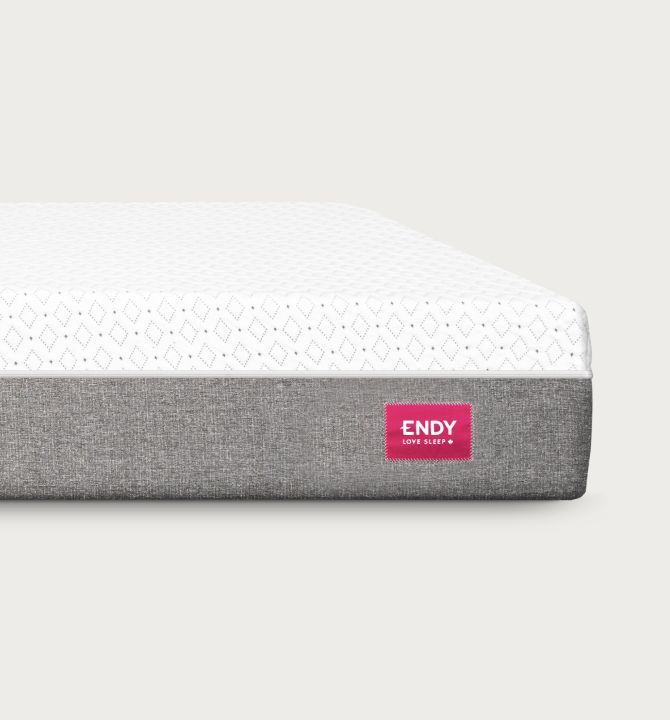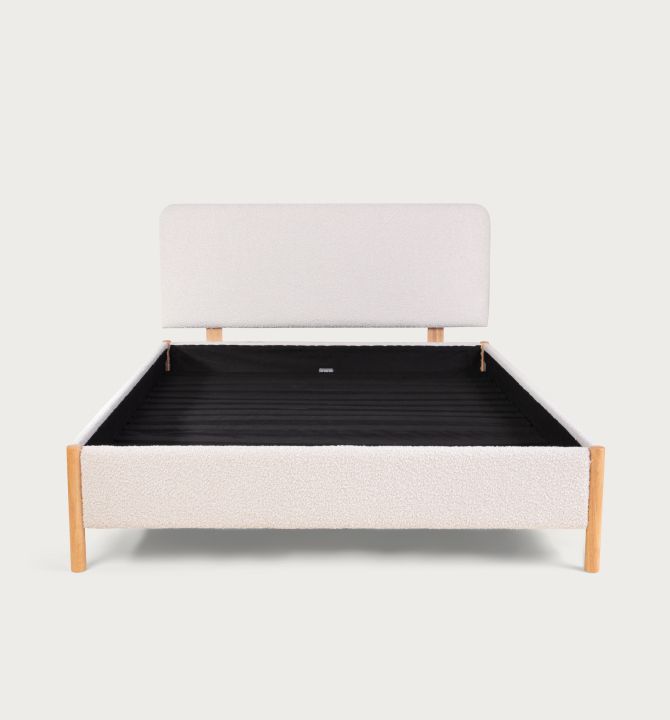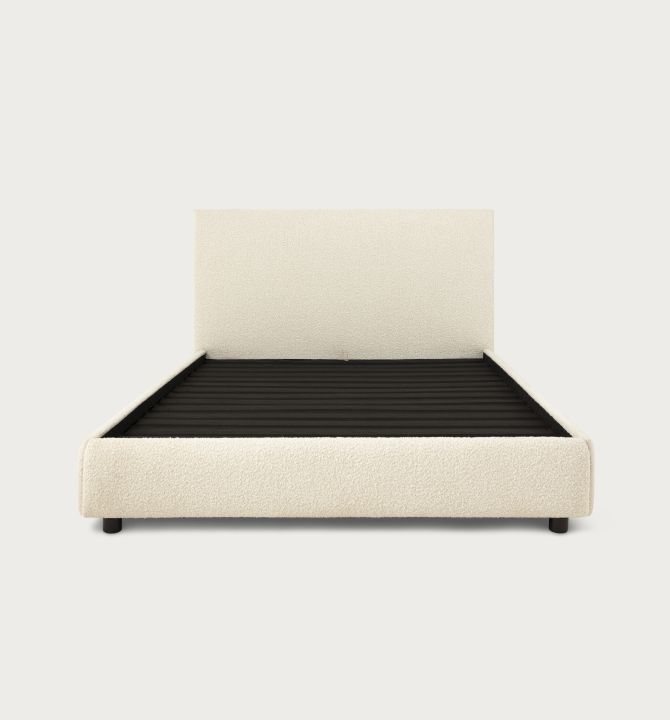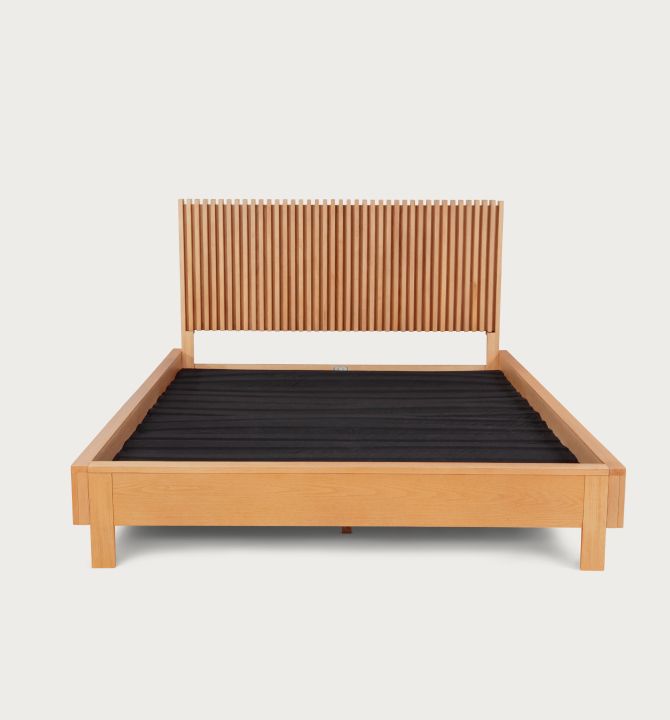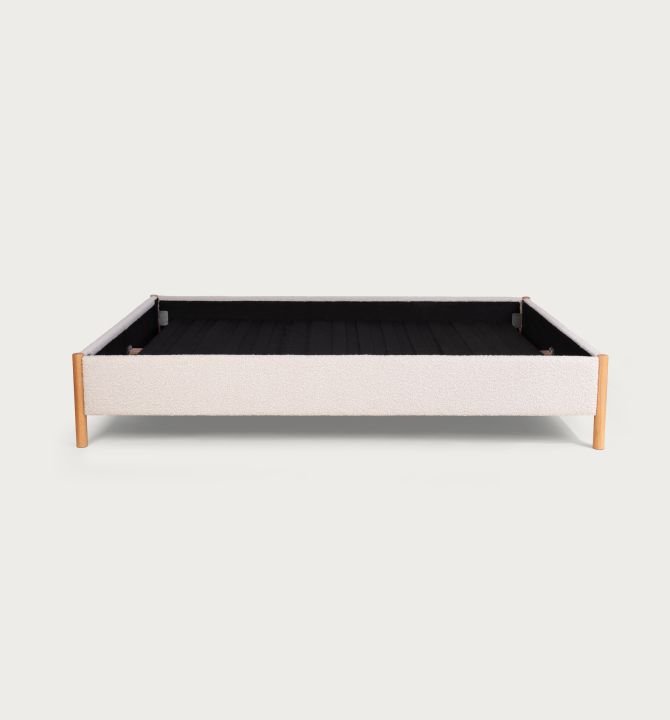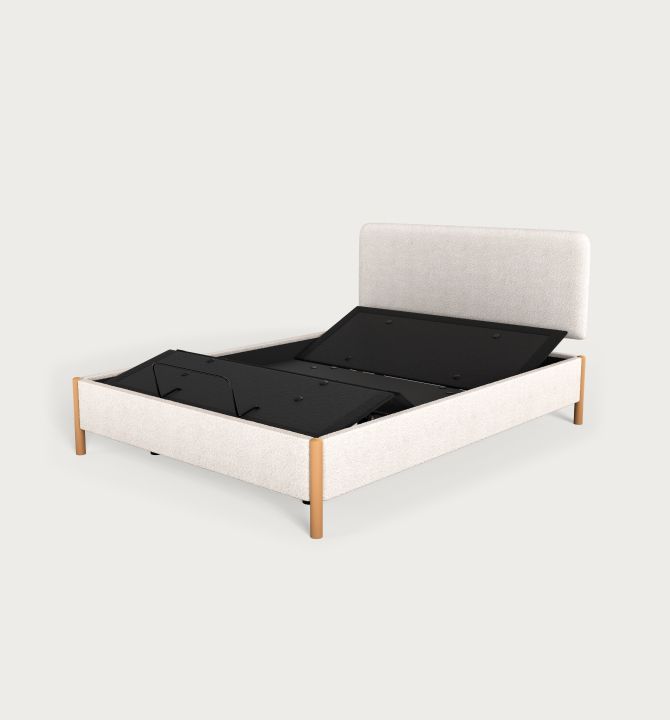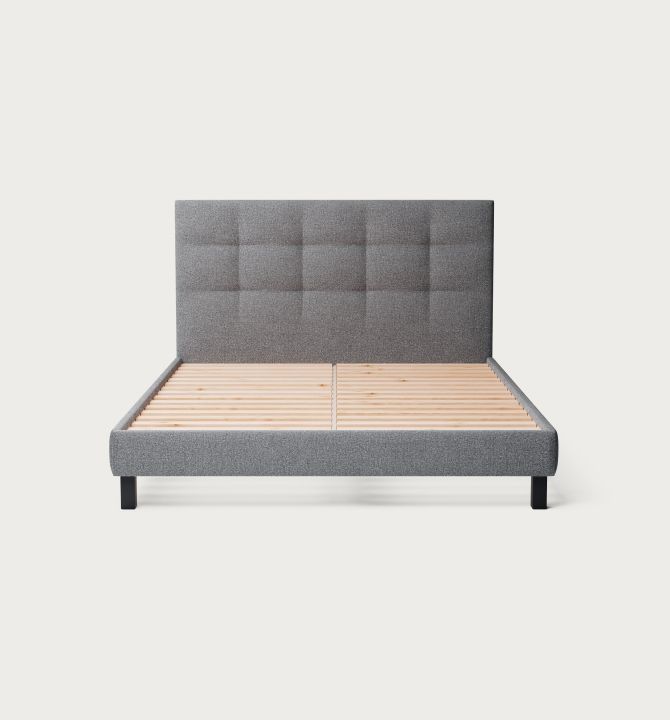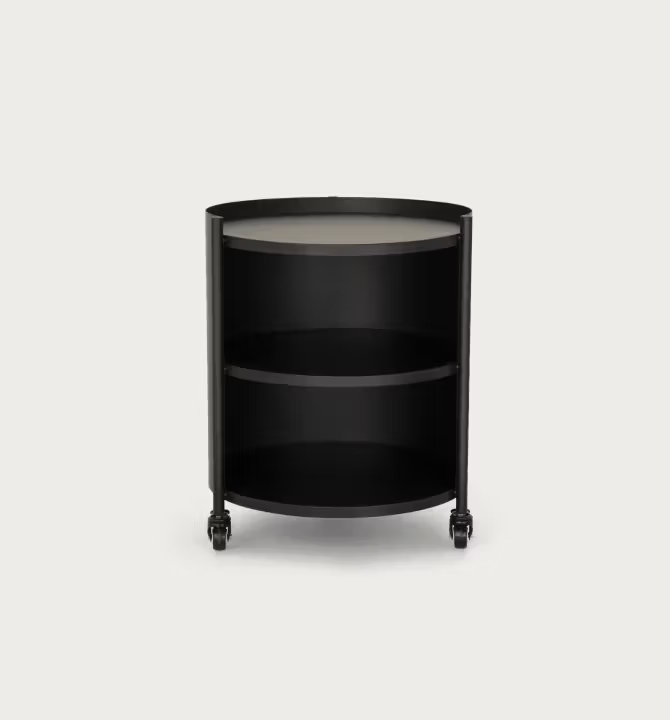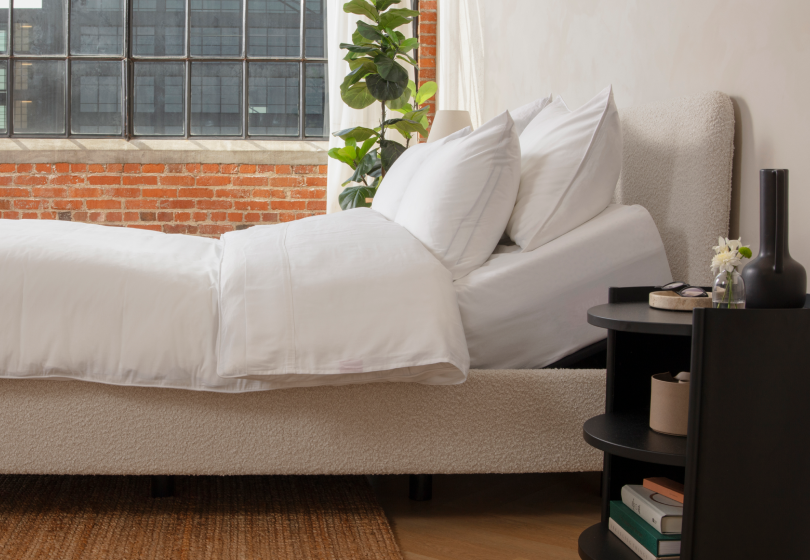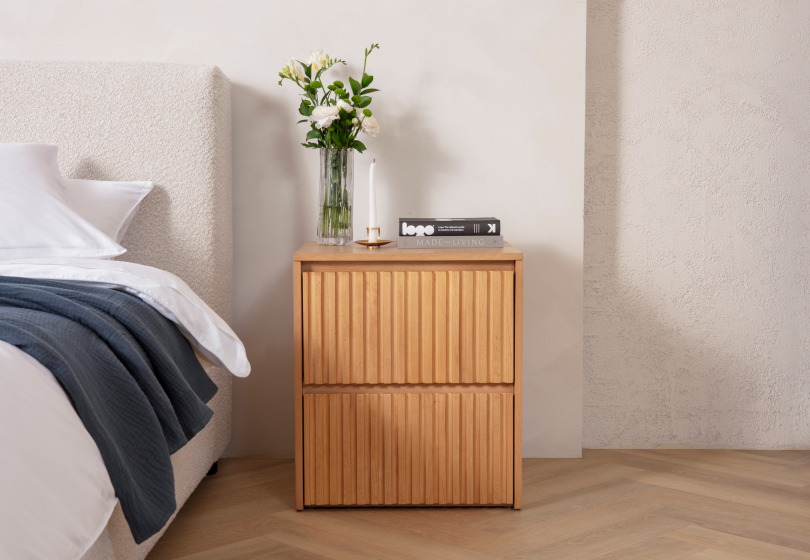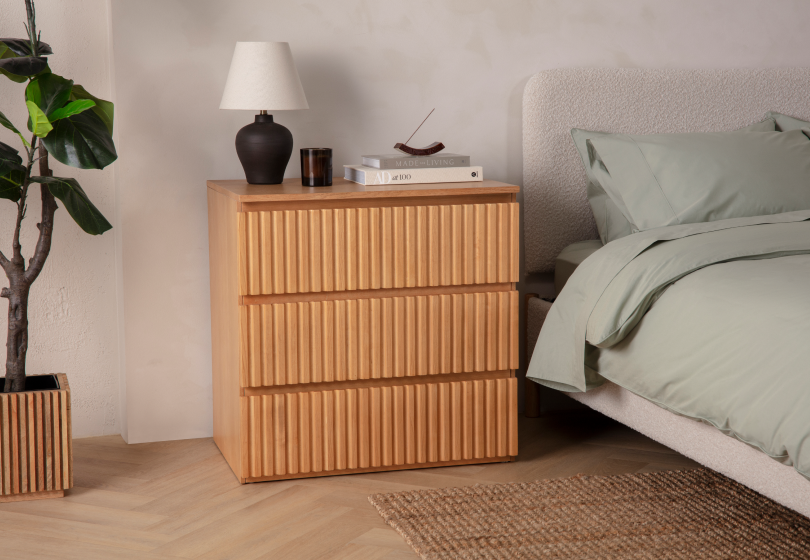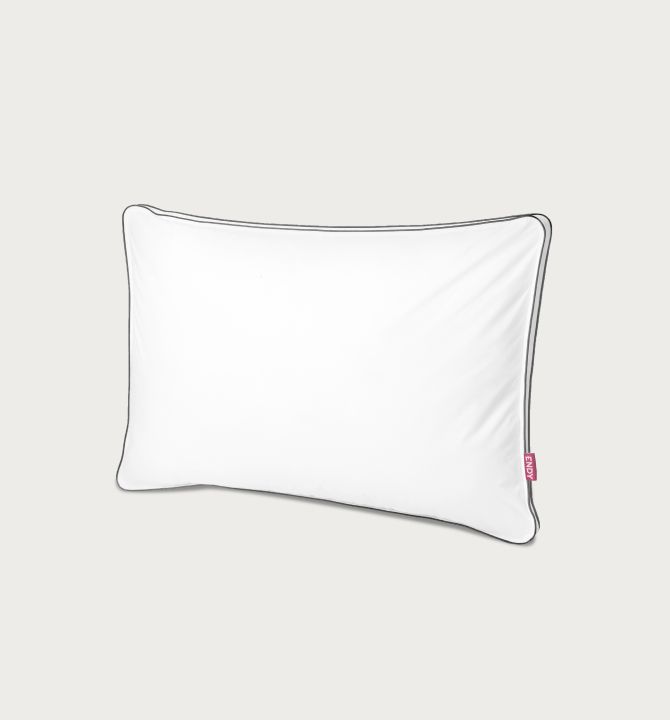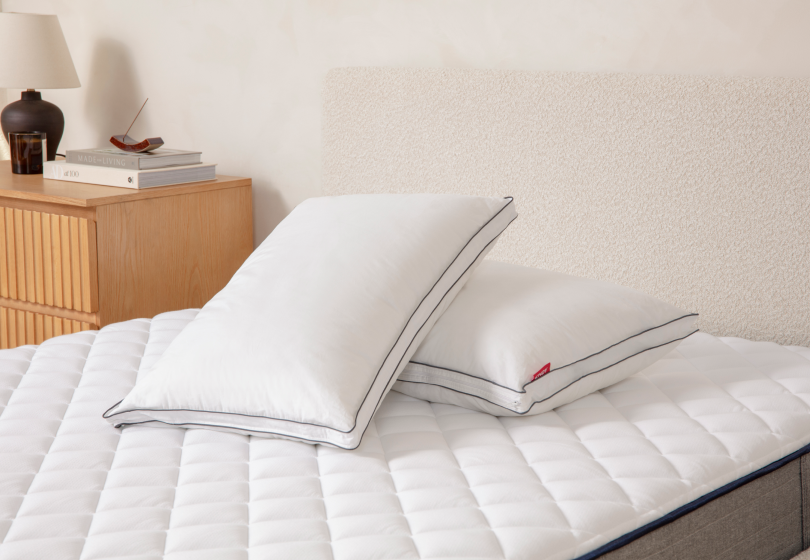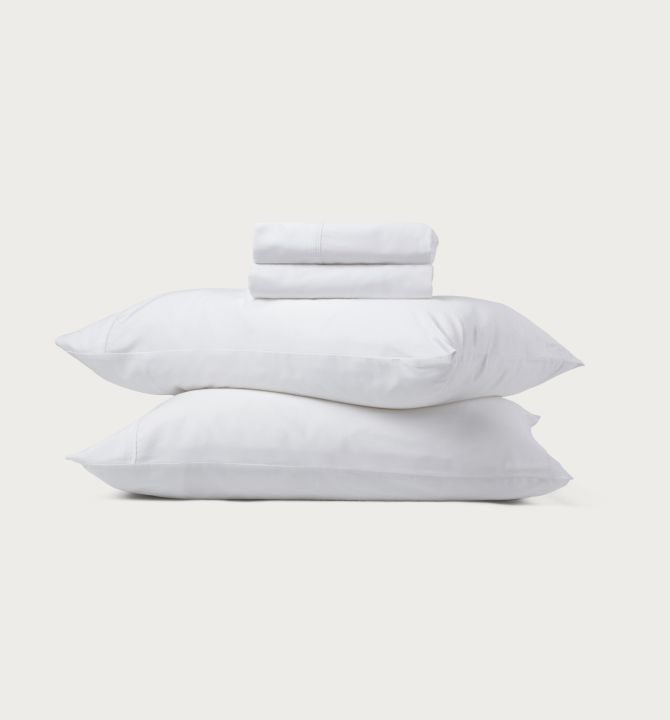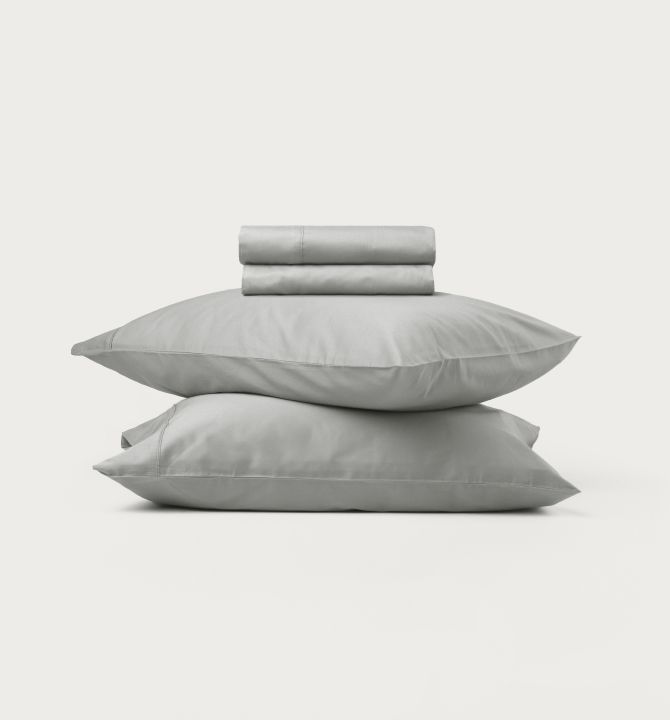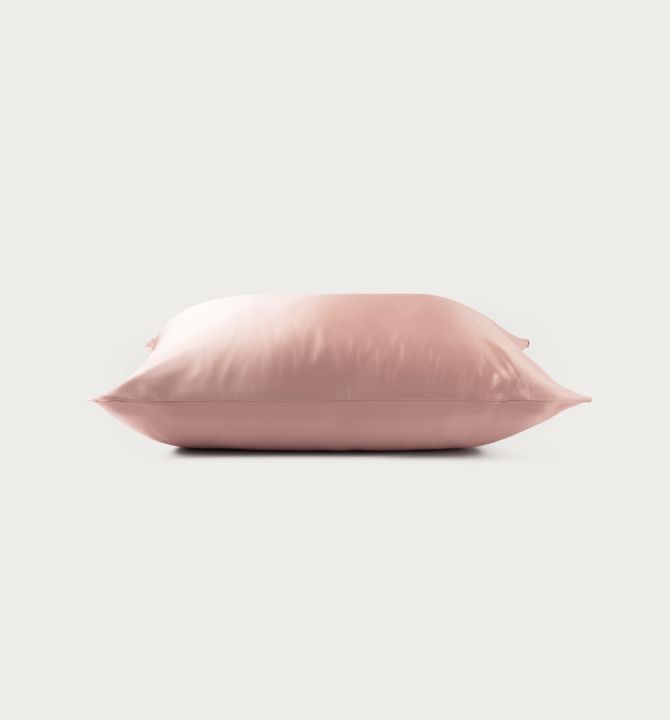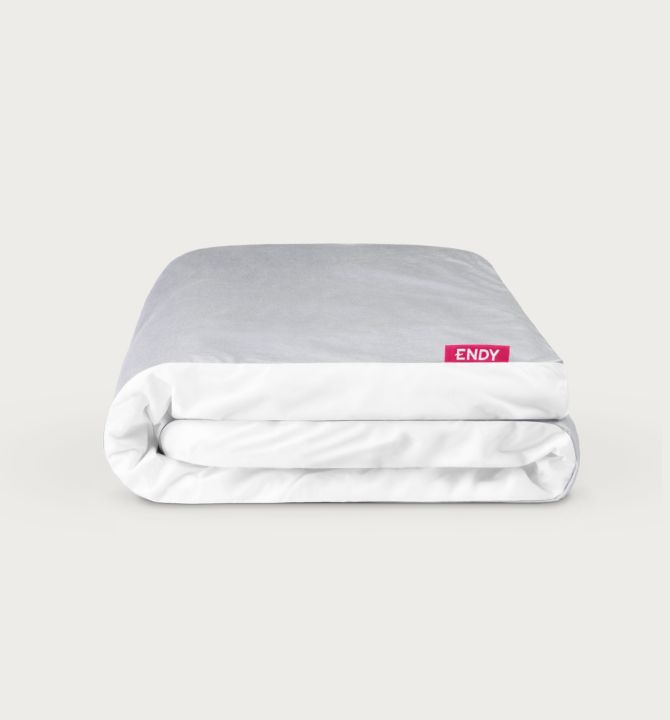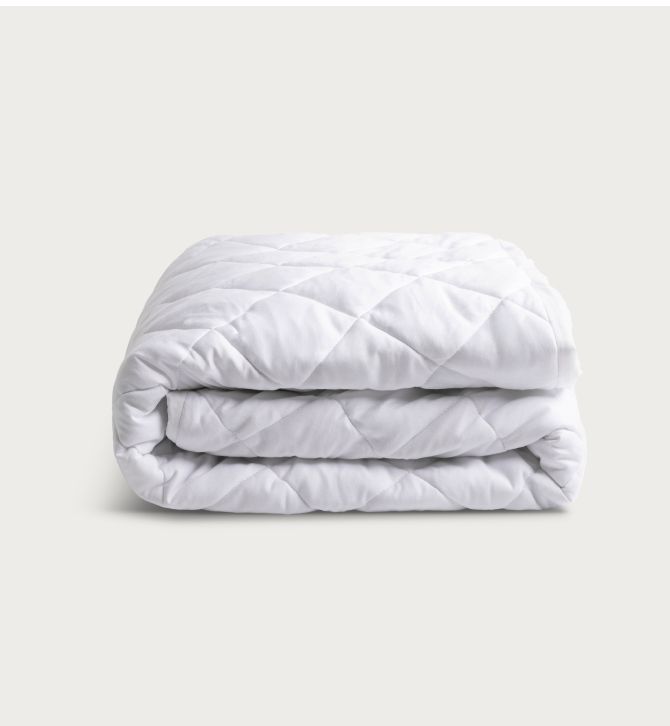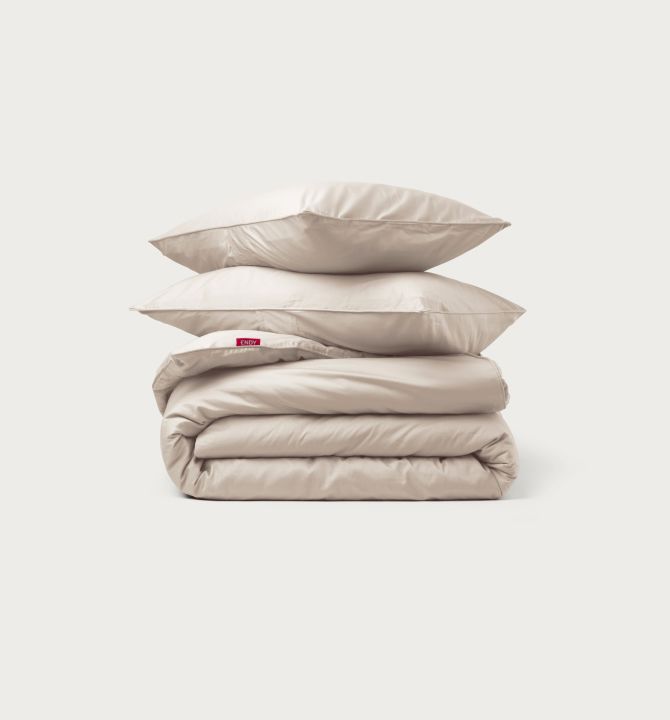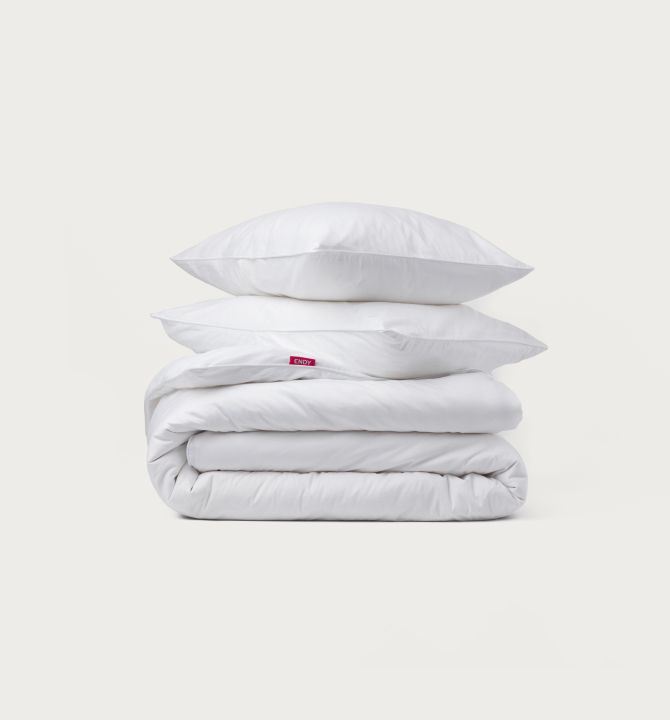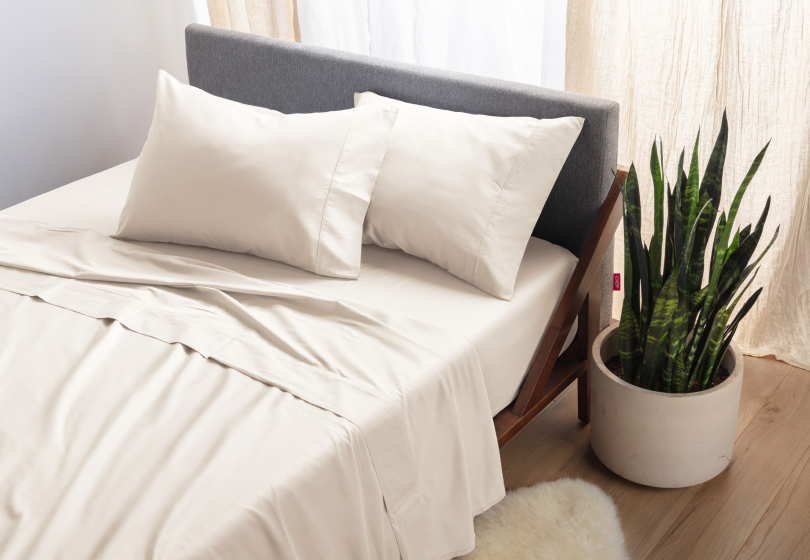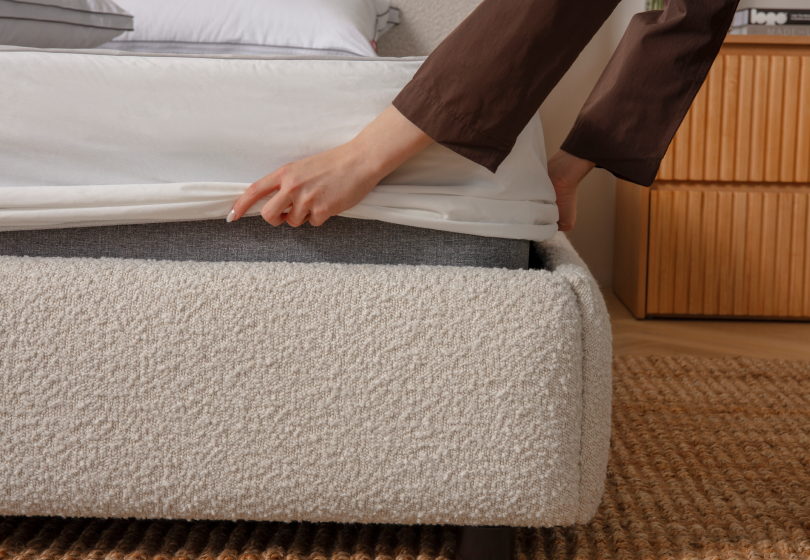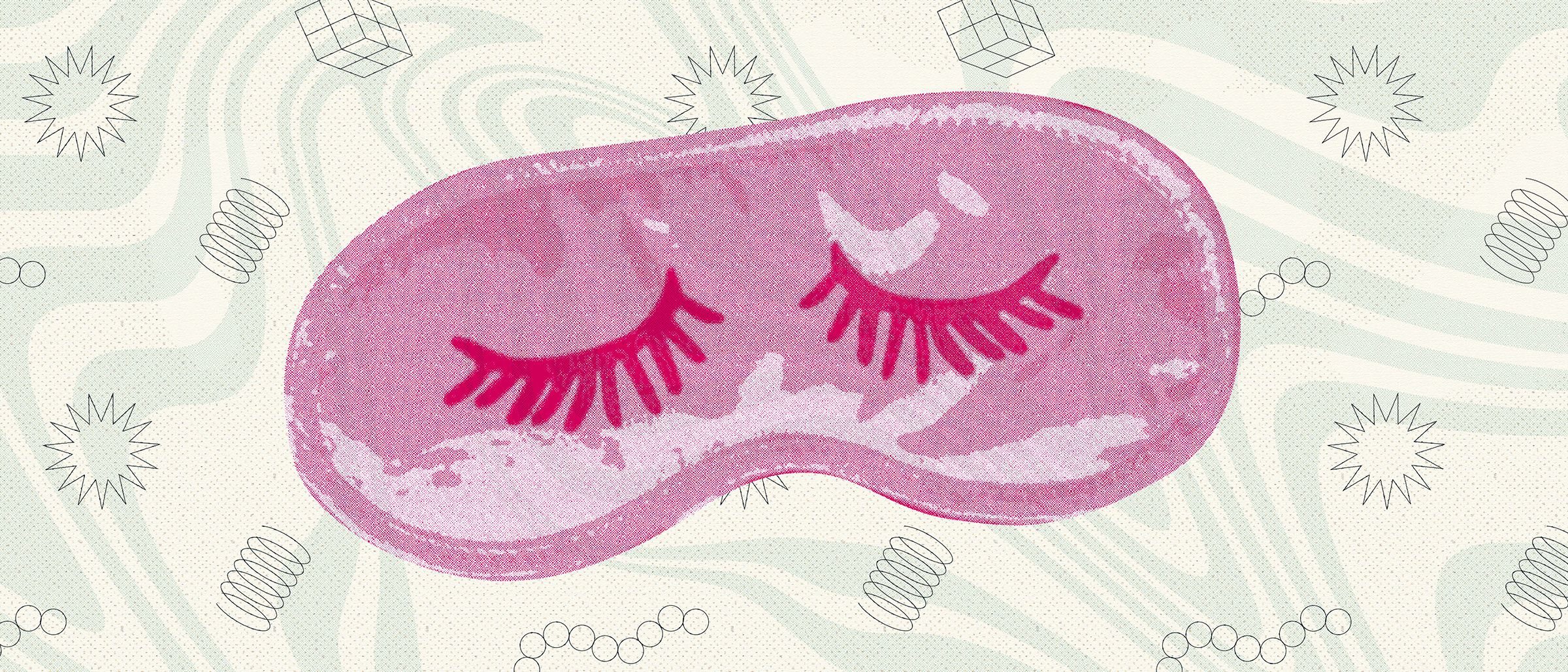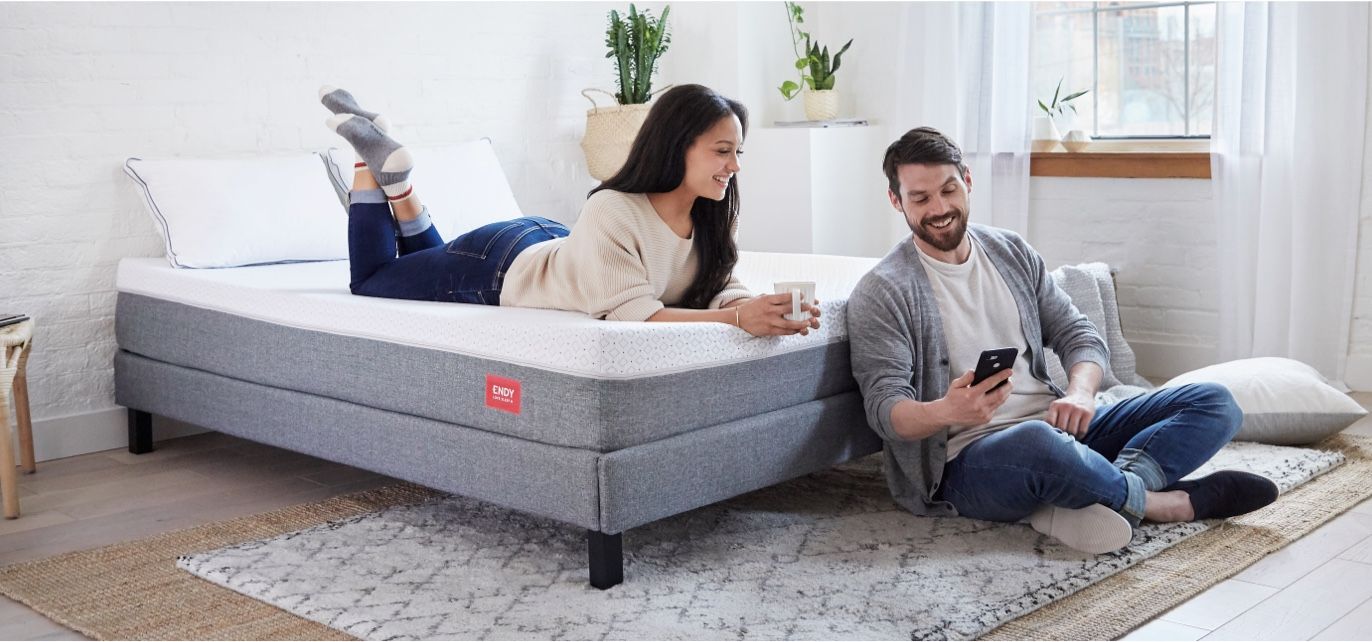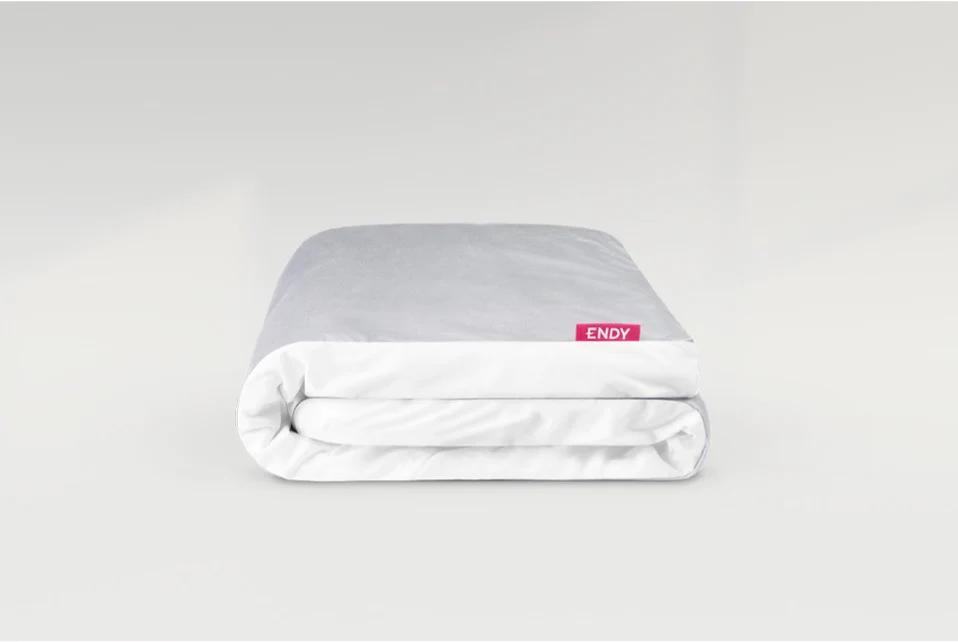The Ultimate Guide to Calming Sleep Anxiety
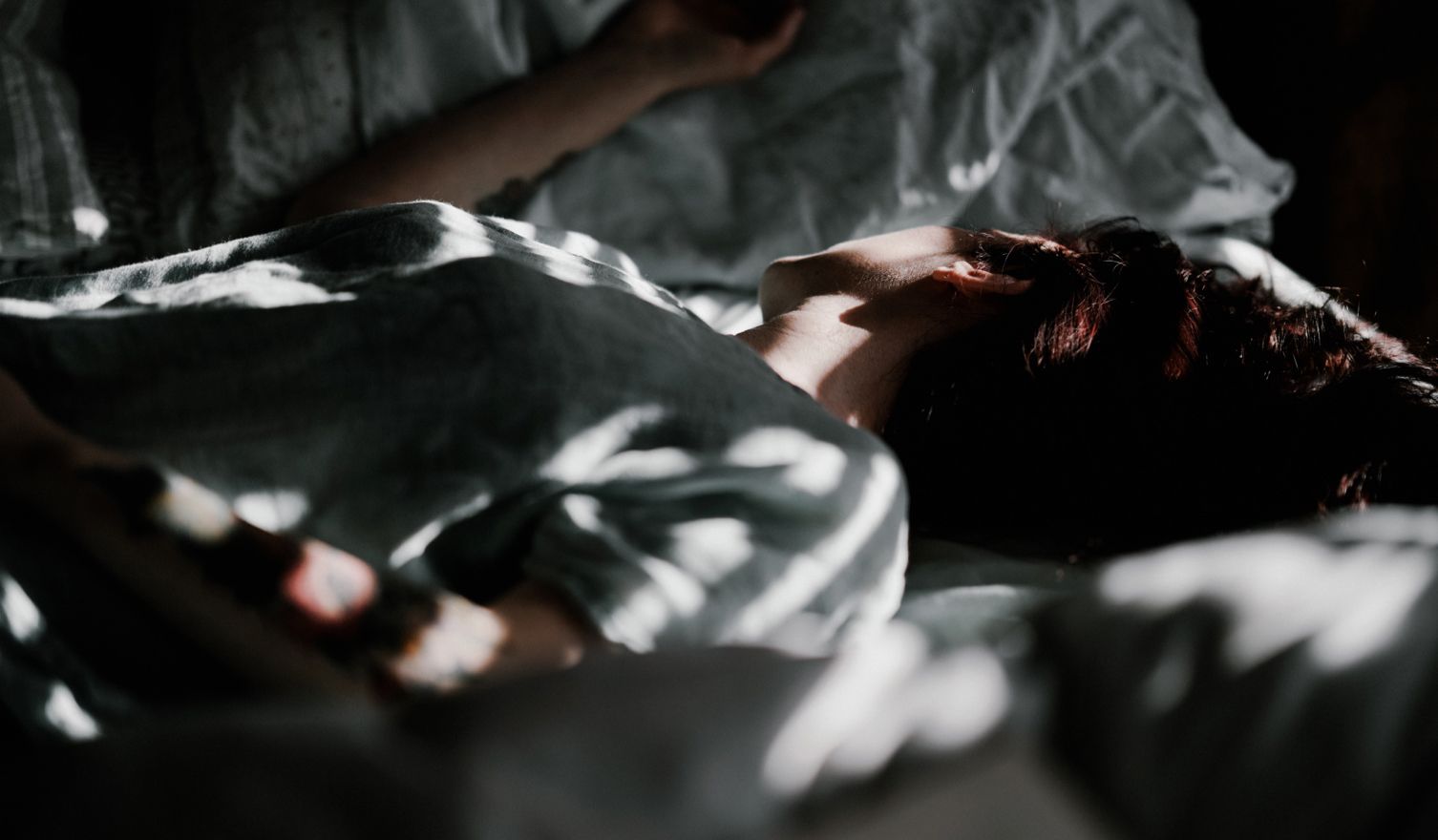
What is Late-night Anxiety?
Late-night anxiety affects everyone differently, and the causes of sleep anxiety are equally varied. So let’s discover what happens behind closed eyes while you try to drift off.What is anxiety?
Before we understand late-night anxiety, let’s first explore anxiety more generally. Anxiety itself is not inherently harmful; it’s a natural stress response.² It may not seem like it, but anxiety is your body’s attempt to prepare you for survival. Anxiety symptoms like a racing pulse, quickening breath, and dilated pupils are your "fight-or-flight" response mechanism in action.³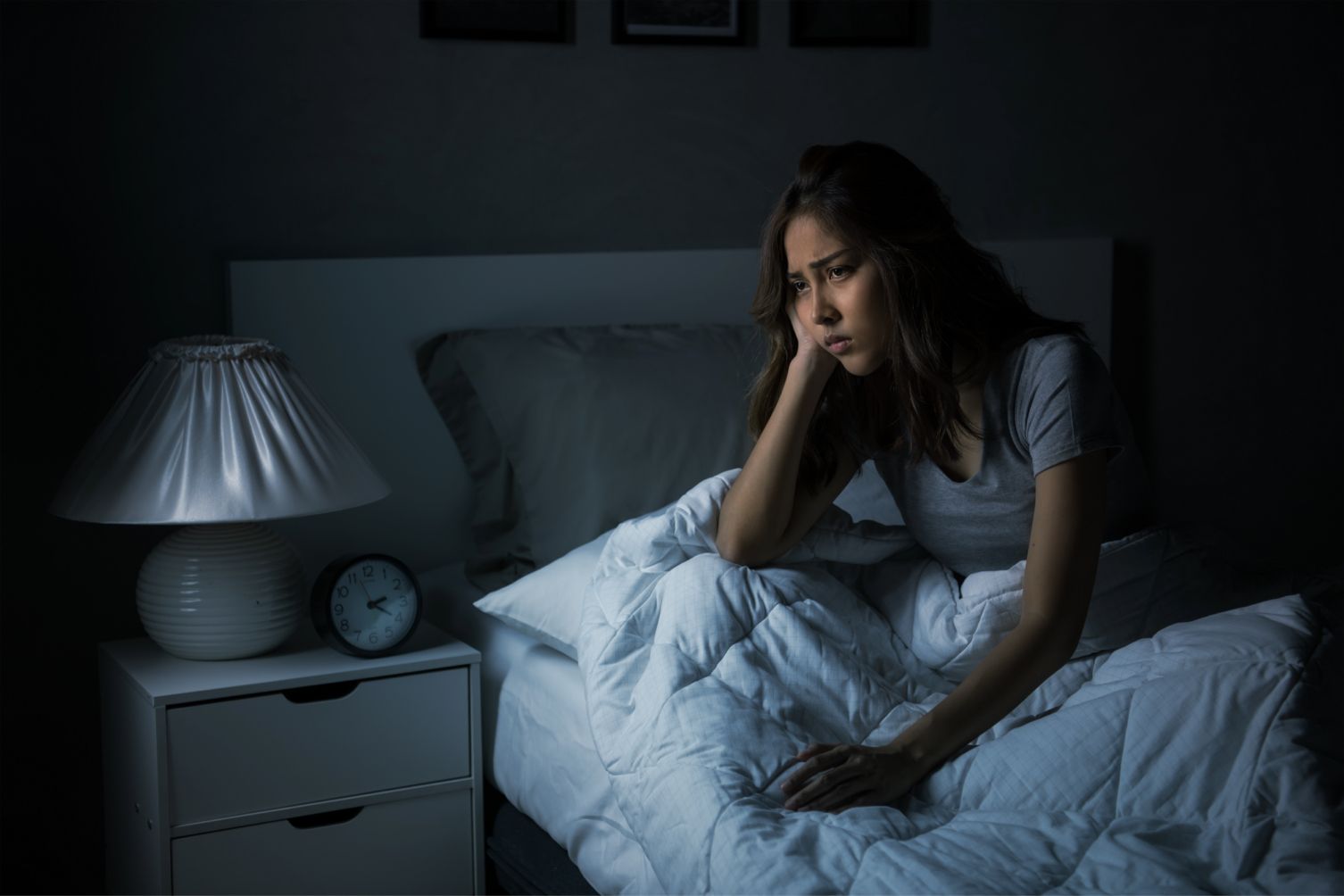
What causes late-night anxiety?
Let’s briefly discuss the elephant in the room, the pandemic. Between lockdowns and the fear of being outside, we’re all experiencing pandemic stress firsthand. It’s no surprise anxiety has increased in the pandemic, but alcohol consumption and screen time have also increased—both of which can impact anxiety levels and the quality of your rest.⁵Even before the pandemic’s widespread impact, researchers found over 50% of adults reported that anxiety affects their ability to sleep.⁶Going from a busy day filled with distractions to laying in bed with nothing but your thoughts is a dramatic shift. It’s no surprise a common symptom of evening anxiety is uncontrolled racing thoughts before bedtime.⁷ Do you find yourself:- Checking off a mental to-do list?
- Fixating on interactions you had during the day?
- Worrying about your career or relationships?
"Over 50% of adults say anxiety affects their ability to sleep."
How to Calm Your Anxiety at Night
The simple answer? Good sleep hygiene. In this case, the word hygiene has nothing to do with cleanliness. Instead, good sleep hygiene is about setting yourself up for quality rest.⁹ We’ve compiled a list of tips to help you fight nighttime anxiety so you can get the sleep you deserve.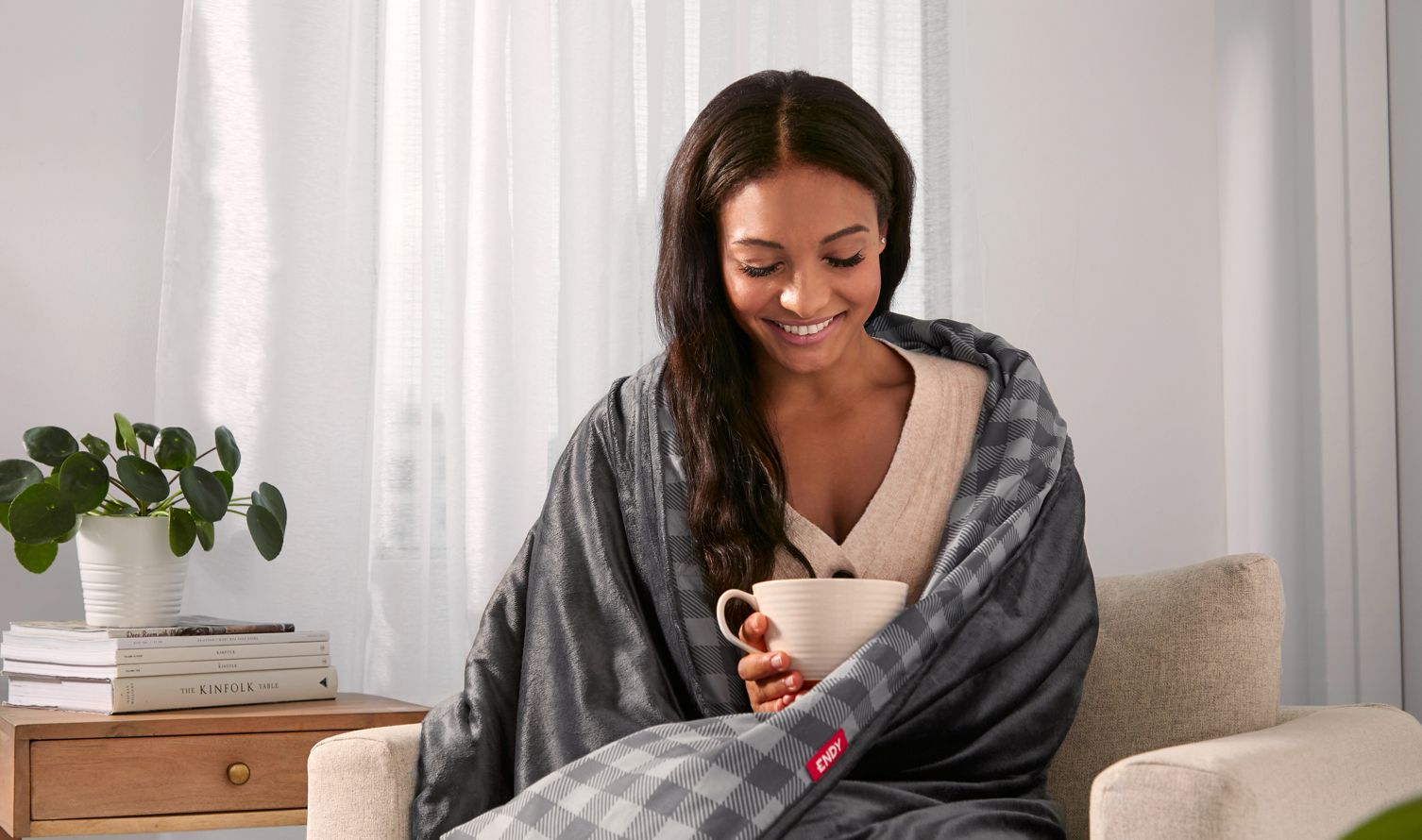
Easing anxiety before bed
CREATE A ROUTINE
Sticking to a schedule is a helpful way to calm your mind and hack your body into entering a rest state. Eating at the same time helps regulate your circadian rhythm while consistently timed rest trains your body to get sleepy at the same time every night.¹⁰Try incorporating calming activities into your routine that can help reduce stress hormones like:¹¹- Reading a book
- Meditating
- Drinking decaffeinated tea
TURN OFF YOUR PHONE
Phones are the ultimate enemy of sleep. Not only can hyperconnectivity and doomscrolling heighten anxiety, but screens keep our minds stimulated long after we’ve shut them off.¹² Studies from the University of Toronto and Harvard have even found that there’s a correlation between repressed levels of melatonin (the hormone responsible for controlling your sleep-wake cycle) and the blue light cellphones emit.¹³ The combination of psychological stimulation and suppressed melatonin levels makes sleeping after scrolling very challenging. Incorporating a technology shut-down into your nightly routine is a practical way to prepare yourself for rest.Easing anxiety while in bed
TRY A WEIGHTED BLANKET
Simulating the psychological and physical benefits of touch, weighted blankets are the perfect relaxing bedroom accessory. Weighted blankets are typically between five and 30 lbs. When the weight is evenly distributed on top of us, it can have a calming effect on the body and mind, encouraging deep, restful sleep.Helping Canadians get a better night's sleep is what we're all about–that's why the 15lb Endy Weighted Blanket comes with a risk-free 60-night trial, so there’s no harm in trying it to help ease your bedtime anxiety!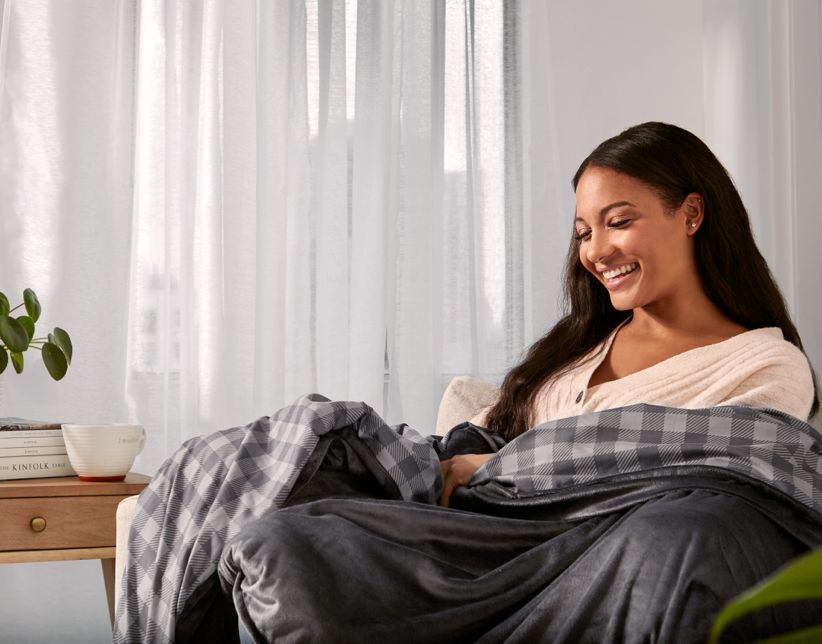
Try the Weighted Blanket risk-free for 60 nights. Cuddle up to enjoy maximum comfort and total relaxation.Shop the Weighted Blanket
CREATE COMFORT
Arguably the most crucial aspect of a good night’s sleep is creating your very own sleep oasis. Ask yourself questions like:- What type of mattress do I want?
- Do I prefer firm or soft mattresses?
- Do I sleep on my side, back, or front?
- Am I a hot or cold sleeper?

